Wakefield local elections 2021 overview: Why next week's polls are important and why your vote matters
and live on Freeview channel 276
Everything that's happened since has made this coming local election, and its effect on the district's political landscape, one of the most important and tricky to predict for many years.
A global pandemic has meant far fewer doorstep conversations between politicians and people over the past year, and the aftertaste of Brexit which has lingered so heavily around every recent election has ebbed away.
Advertisement
Hide AdAdvertisement
Hide AdAnd though the polls might have been more or less spot on at the last General Election in December 2019, they've been been wrong too many times in recent years to be completely trusted.
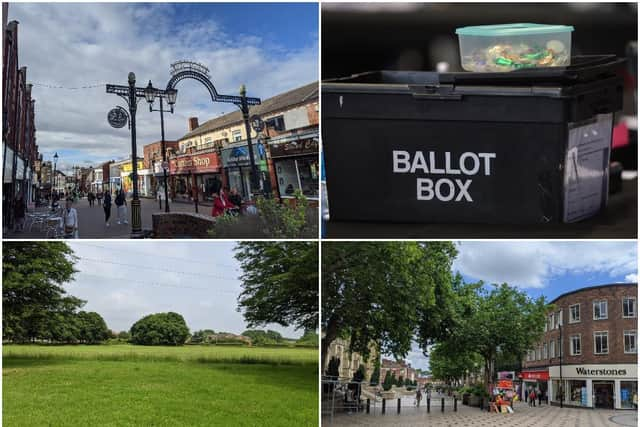

With less face-to-face interaction in politics and society, and postal votes likely to play a huge part this year, the overall mood of the country is harder to gauge.
In Wakefield battlelines have been drawn between the parties locally over issues like car parking, the climate change agenda, roads, infrastructure and the state of the city and town centres.
After losing some ground in the last two local elections, Labour heads into this polls with its smallest number of Wakefield Council seats since 2011, albeit it still has more than four times as many as the Conservative opposition.
Advertisement
Hide AdAdvertisement
Hide AdOver the last year-and-a-half, intriguingly, Labour's local and national parties have shifted in opposite directions.
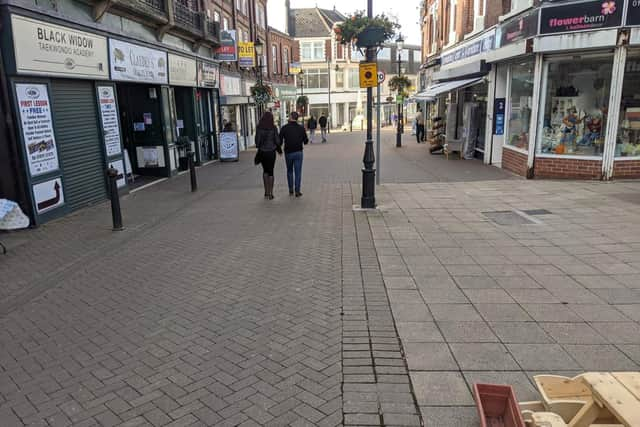

Council leader Denise Jeffery, fighting her first local bout as party chief, has been public about her desire to take the authority towards a "more socialist agenda" since she took over in December 2019.
By contrast, Labour as a whole has taken a stride back towards the political centre by ditching Jeremy Corbyn in favour of Sir Keir Starmer.
How the two approaches measure up at the ballot box will be interesting.
Advertisement
Hide AdAdvertisement
Hide AdThe Conservatives are optimistic about making gains in some of the areas where they've had little influence over the last decade, off the back of Wakefield's first Tory MP in 87 years being elected in 2019.
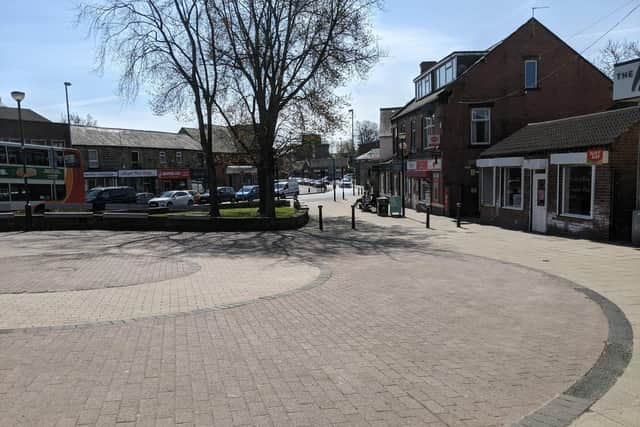

However, although these polls are very much about local matters and who you think can provide the best local services, the national picture inevitably plays a part when it comes to some voters' allegiances and perceptions.
The Tories will be hoping that the government's approach to the pandemic last year and recent unflattering headlines around lobbying and Boris Johnson's flat will not hit their vote too hard.
The Green Party, meanwhile, will be hoping increasing fervour for action on climate change translates into more support at the ballot box. For the first time they're fielding a candidate in every ward in Wakefield - something only they and the two main parties can boast.
Advertisement
Hide AdAdvertisement
Hide AdThe Liberal Democrats too will be looking to build on their shock victory in Knottingley in 2019, which saw them snatch their first seat in the district for nine years.
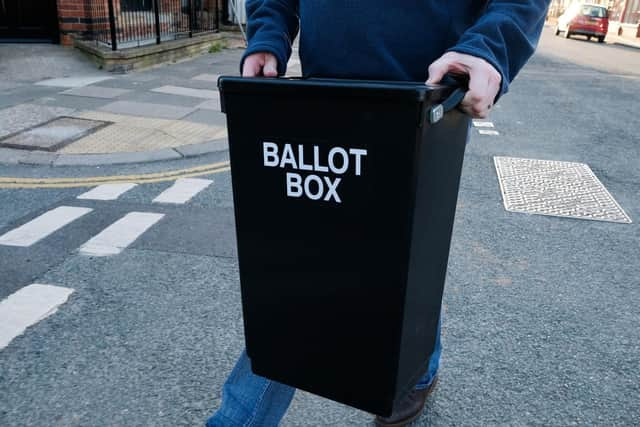

Can they gain enough traction to start challenging the Conservatives as the main party of Opposition?
Turnout at the election is likely to be boosted by the vote for West Yorkshire's first ever metro mayor, which is also taking place on May 6, although how much of a boost remains to be seen.
Despite grumbles about extra bureaucracy and apathy from residents, Wakefield and its four neighbouring councils agreed to the government's devolution proposals, for fear of being left behind other regions on funding and favour.
Advertisement
Hide AdAdvertisement
Hide AdWith that in mind, how the Yorkshire Party fares and who they may take votes off will be significant.
It came close to nicking a couple of council seats from Labour last time out in Wakefield, but that was long before before West Yorkshire devolution was signed off.
Will the mayoral deal satisfy those who thirst for more powers from London? Or will the Yorkshire Party continue to make inroads and enjoy a bounce smaller in size but at least comparable with that of the SNP after Scotland got more devolved powers in 2015.
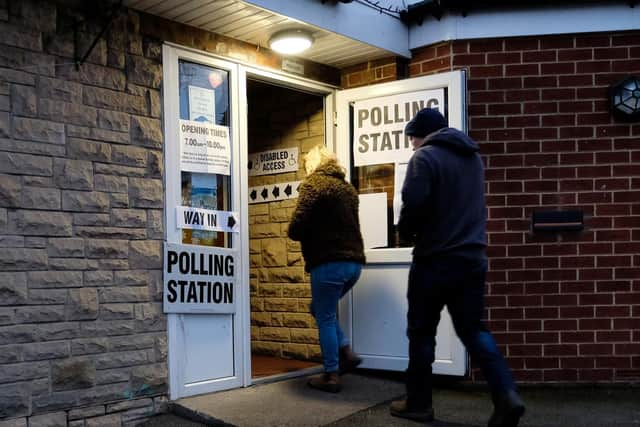

The pandemic has demonstrated that councils' influence and knowledge of their local areas can be a very precious thing.
Advertisement
Hide AdAdvertisement
Hide AdThe government was criticised for cutting local authorities out of the picture over Covid testing, contract tracing and responding to outbreaks last summer.
It's a message that does seem to have landed in the months since and a general consensus has emerged that councils can do many things much more effectively than a civil servant or a Cabinet minister sat 200 miles away.
Next time a national crisis occurs, it's fair to expect local voices in the shires will be heard more loudly.
With all of that in mind, whoever you vote for on May 6, it arguably matters more than ever before.
Local Democracy Reporting Service
Comment Guidelines
National World encourages reader discussion on our stories. User feedback, insights and back-and-forth exchanges add a rich layer of context to reporting. Please review our Community Guidelines before commenting.